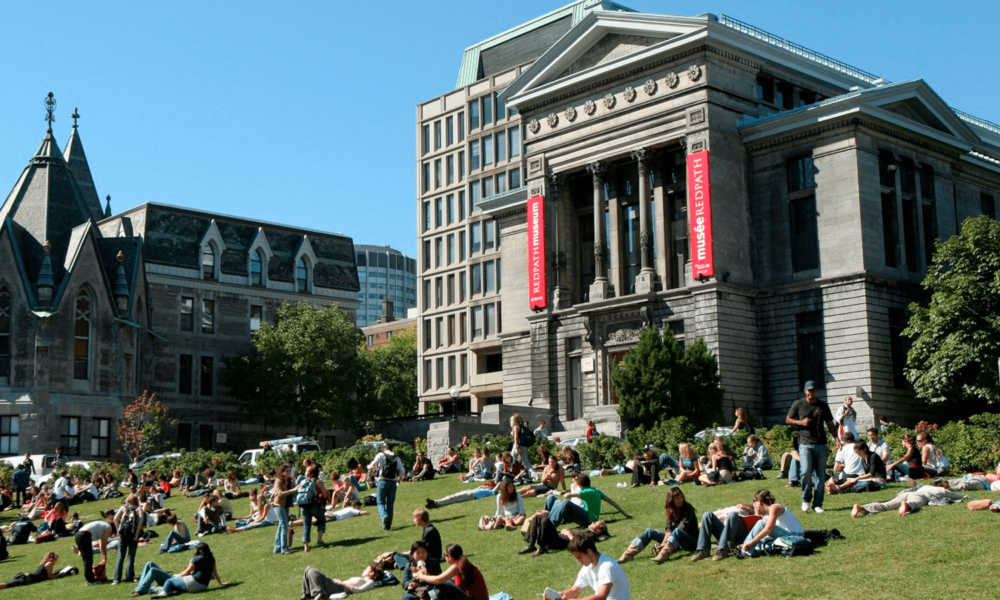Registration for the summer term at McGill is set to open in a few weeks. As it stands, McGill students can only take two courses per summer session, or 12 total credits, over the four summer months, and are usually provided with relatively few class options.
This system, however, is based on outdated academic norms that do not adequately meet student needs. Providing a complete, well-rounded summer semester would enable greater flexibility for students and researchers in their academic careers and would make more efficient use of university facilities and resources.
The McGill administration has already hinted at making the transition toward having a full summer term. The Working Group on New Programs of Academic Program Delivery, a sub-committee of the Provost’s Office, indicated that the current academic calendar might not be the best way to further integrate online learning and accommodate the university’s credit system, programs, and activities. The working group’s final plan was set to be submitted to the Provost and Vice Principal (Academic) by the end of last semester, but the student community has yet to receive any updates.
In North America, the emphasis on long summer breaks is part of an outdated yet culturally significant system from over 200 years ago. Schools and universities saw higher rates of truancy over the summer when air conditioners hadn’t yet been invented and seasonal epidemics were prevalent. Additionally, school calendars were initially shaped by the needs of rural and agrarian communities where the help of children was necessary for harvesting. Since then, the summer vacation has established itself as a cultural staple of North American family life and an essential component of the consumer economy. Naturally, to students in today’s context, the structure of the academic calendar may seem quite arbitrary.
A three-semester academic calendar would integrate a complete new summer term that offers the same course load and range as the Fall and Winter semesters. The 120-credit requirement often forces students to compromise on courses of interest to finish their degrees on time. Further, a shortage of learning spaces on campus suggests that McGill’s infrastructural capacity is not meeting the needs of its undergraduate students. A three-semester system would accommodate a greater number of students by spreading full-time student enrollment throughout the year that would help create more space—without compromising on matters of class size and quality. This could allow for more efficient use of university infrastructure as it ensures the continuous presence of students and lecturers on campus. Additionally, a full summer semester would afford students greater flexibility with work-study programs, seasonal work, and internships offered during the winter months.
Faculty guidelines assert an expectation that professors dedicate at least 50 per cent of their work time to research-related activities. This makes it more difficult for professors to teach during the summer, with graduate students stepping in to provide teaching relief for such positions. Student concerns suggest that while the current system provides more opportunities for graduate funding, it demands a lot from inexperienced teachers approaching intensive courses in an increasingly remote pedagogical environment. These policies may be responsible for substandard instruction quality and shortages of qualified teachers for McGill’s summer terms. If the university plans to seriously rethink its strategic development, it must address the parameters that prioritize its research outputs and limit the course load of faculty members.
McGill’s current academic calendar, therefore, does not accommodate the needs of its students. The university must seriously consider instituting a complete summer semester to provide both students and faculty with greater flexibility. The pandemic has forced our education systems to undergo a transformation. As we adjust to a post-pandemic world, McGill’s gears are slowly grinding to a halt, and we mustn’t let the momentum of positive change in methods of academic delivery die out.









